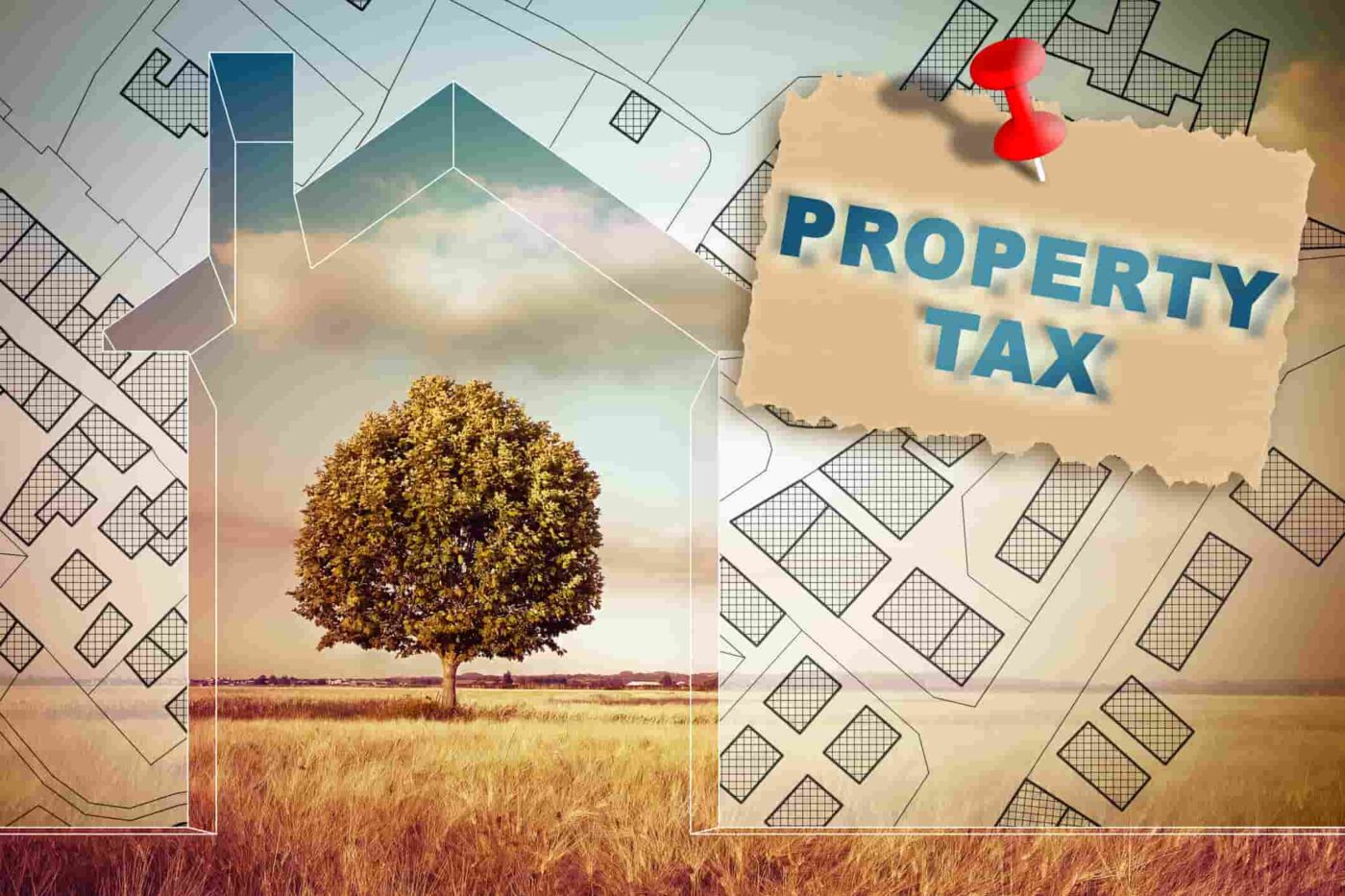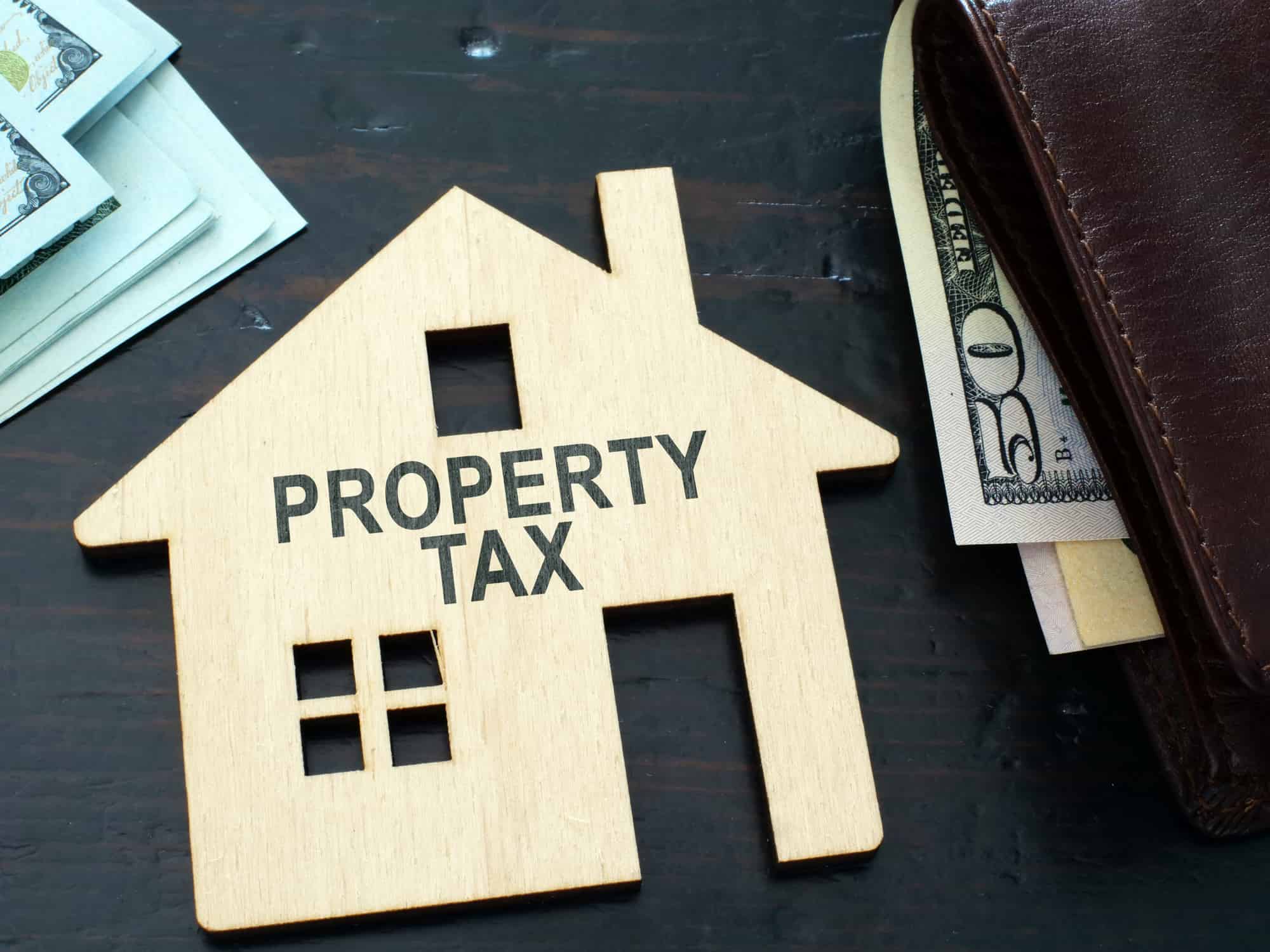Last Updated on June 9, 2025
With the weaker pound, and the housing market experiencing strong demand, foreign investors are presented with an opportunity to acquire UK property at a more affordable cost, making this an optimal time for them to invest in the UK real estate market.
Foreigners with property there must understand the UK property taxes for non-residents. The UK has a complex tax system, and failure to comply with regulations can lead to significant fines and penalties.
In this article, we will provide top tax tips for foreigners who own property in the UK, to help you stay compliant and make the most of your investment.
Understand your residency for tax purposes in the UK
First and foremost, it’s important to understand the difference between being a non-resident and a resident for tax purposes.
According to HM Revenue and Customs (HMRC), you are considered a non-resident landlord if you live abroad for more than six months a year, even if you’re a UK resident for tax purposes.
Register for UK Self-Assessment and don’t forget about your UK tax return filing requirement
Paying tax on rental income and filing a Self-Assessment tax return annually is mandatory if you receive taxable UK rental income.
However, if you are not in the UK, you are unable to complete this online through HMRC. Instead, you must use commercial Self-Assessment software that allows online submissions from outside the UK.
You can also engage a UK tax advisor to submit your rental income tax return to HMRC on your behalf and deal with the entire process.
You have a tax filing requirement in the UK, even though you might file a tax return in your home country as well.



